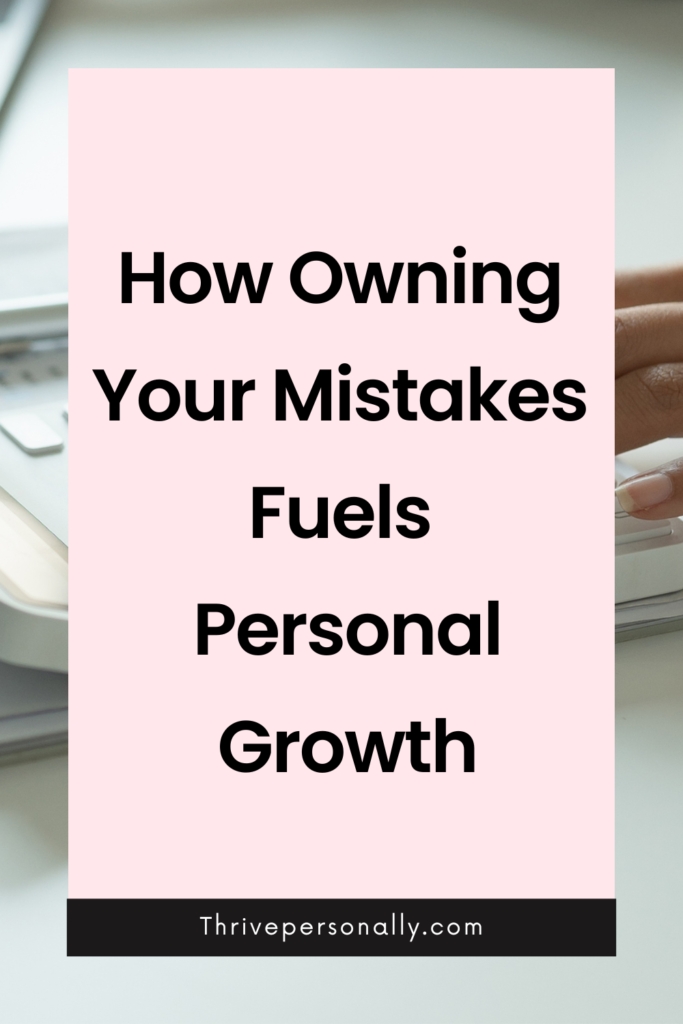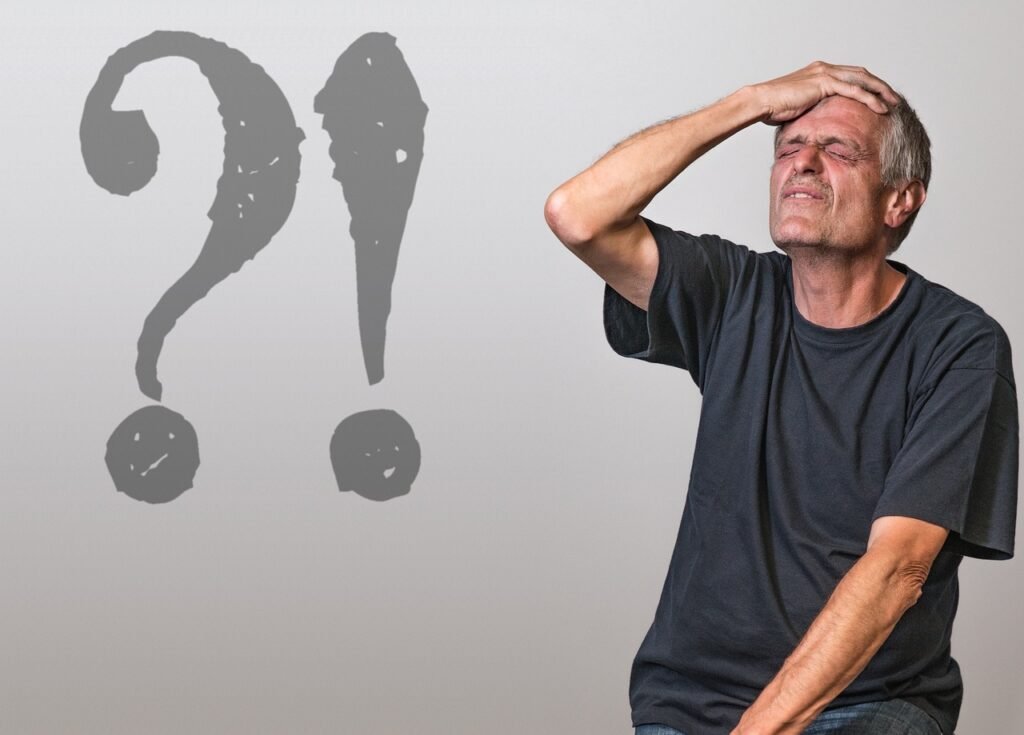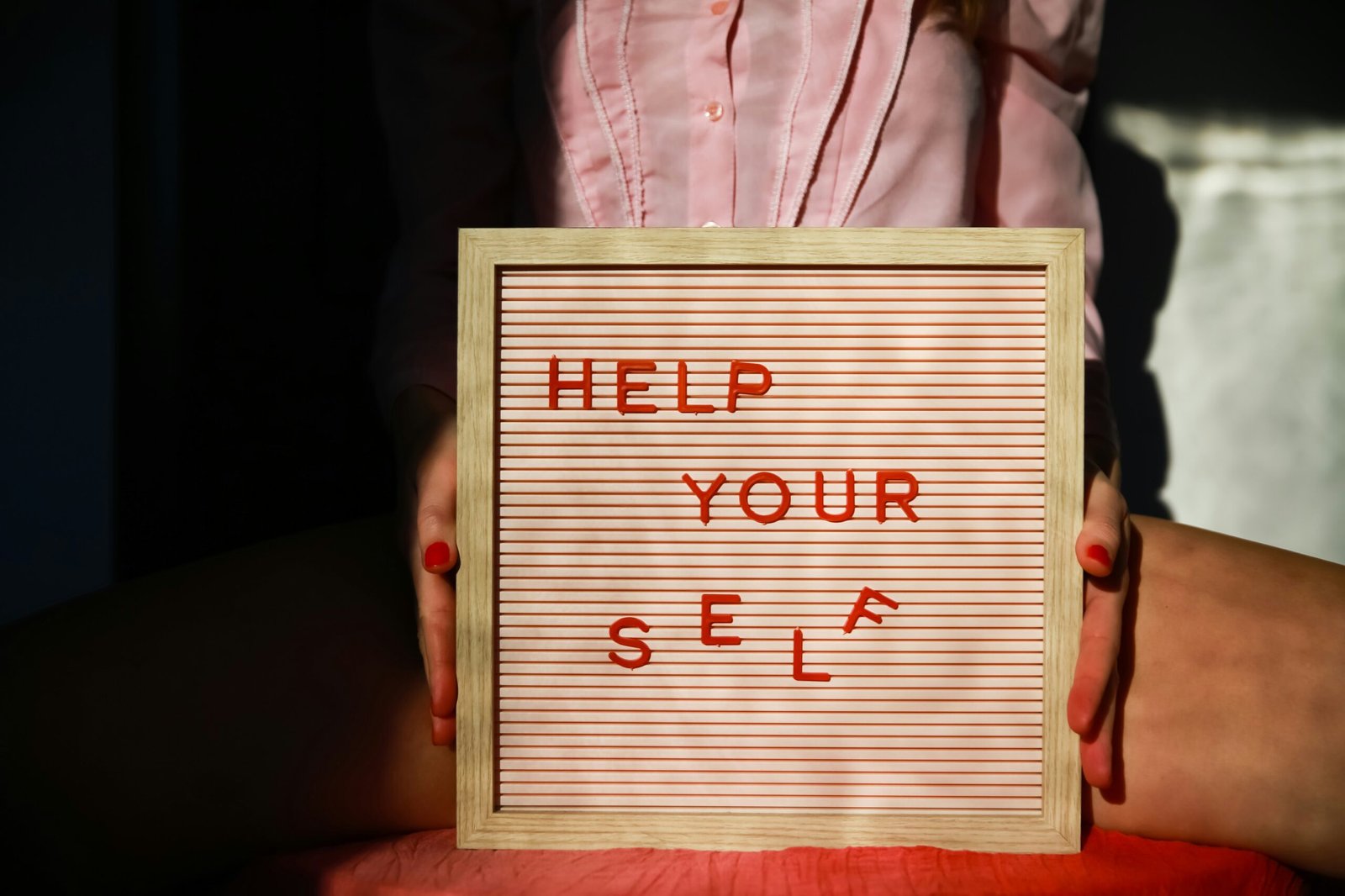Mistakes are often viewed with a negative lens, resulting in feelings of shame or regret. However, understanding these errors as significant learning opportunities is crucial for personal development. Psychologically, the stigma associated with mistakes stems from societal expectations to achieve perfection. This pressure can lead individuals to avoid taking risks or experimenting with new ideas, stifling their growth. By reframing mistakes as valuable experiences, individuals can cultivate a healthier mindset that encourages experimentation.
When one reflects on their mistakes, it disseminates self-awareness and insight. This process involves analyzing what went wrong, the decisions that preceded the mistake, and how emotions influenced those choices. Such an analytical approach yields essential lessons that can inform future actions, leading to informed decision-making. Embracing mistakes can ultimately enhance problem-solving skills and creativity as individuals learn to navigate challenges with resilience and adaptability.
We all make mistakes. It’s part of being human. Whether it’s forgetting an important deadline, saying something hurtful to a friend, or even failing at something you really care about, mistakes are a regular part of life. But here’s the thing: while mistakes are a natural part of growing up, how you respond to them can make all the difference in how you grow as a person. Owning your mistakes—acknowledging when you’ve messed up—is a crucial part of personal growth. In this blog post, we’ll explore why it’s so important to own your mistakes and how doing so can lead to a more successful, fulfilling, and better version of yourself.
What Does It Mean to Own Your Mistakes?
Before we dive into why owning your mistakes is important, let’s first talk about what it actually means. When you own your mistakes, you take full responsibility for what happened. Instead of blaming someone else, making excuses, or pretending like it didn’t happen, you say, “I messed up, and here’s how I can make it right.”
Owning your mistakes doesn’t mean you have to beat yourself up over them. It simply means you acknowledge that you did something wrong and you take the steps to learn from it. It’s a way of showing maturity, responsibility, and a willingness to improve.
Mistakes Help You Learn and Grow
One of the biggest reasons why owning your mistakes is so important is that mistakes are powerful teachers. When you make a mistake, you have the chance to learn something that you wouldn’t have learned if everything went smoothly. For example, let’s say you failed a test. It would be easy to blame the teacher, the test, or even your bad luck. But what if you took a moment to reflect on your study habits? Maybe you didn’t study enough, or you didn’t understand the material as well as you thought. By owning the fact that you didn’t prepare properly, you can take responsibility for your part in the failure and make changes next time.
Mistakes teach us lessons in a way that success can’t. You learn a lot more from failing and making corrections than you do from things going perfectly. When you own your mistakes, you show that you are willing to learn from them and use them as stepping stones for improvement.
Think about it like this: Imagine you’re learning to ride a bike. At first, you’ll probably fall a few times. Each time you fall, you might scrape your knee, but that’s part of the process. You learn what you did wrong—maybe you leaned too far to one side or didn’t pedal fast enough. But if you keep getting back on the bike, adjusting your balance, and trying again, eventually, you’ll be able to ride without falling. That’s personal growth in action!
Read Also: Simple Ways to Build Your Self-Confidence
Owning Your Mistakes Builds Your Confidence
It might seem like admitting when you’ve made a mistake would make you feel bad about yourself, but in reality, it can actually build your confidence. When you own up to your mistakes, you’re showing yourself that you can take responsibility for your actions, no matter how difficult it may be. It’s like saying, “I’m strong enough to face my mistakes head-on and improve.”
Confidence doesn’t come from being perfect. It comes from facing challenges, making mistakes, and learning from them. The more mistakes you own up to, the more you prove to yourself that you have the courage to be honest and make changes. And as you keep improving, your confidence will grow because you’ll realize that mistakes don’t define you—they’re just opportunities to do better next time.
A great example of this is learning to play an instrument. Imagine you’re learning to play the guitar. At first, your fingers might not be fast enough, and you might mess up the chords. But instead of getting frustrated and quitting, you recognize that this is part of the learning process. You own up to your mistakes and try again. Each mistake becomes a building block, and over time, you notice your fingers getting quicker, your chords sounding cleaner, and your confidence growing with each practice session.
Related: Why Personal Growth Matters Now More Than Ever
It Strengthens Your Relationships with Others

Owning your mistakes doesn’t just help you grow individually—it also helps strengthen your relationships with others. Think about a time when someone close to you made a mistake and owned up to it. Maybe they apologized for saying something they shouldn’t have or admitted that they forgot to do something important. When they took responsibility for their actions, it probably made you feel better about the situation. You could see that they cared and were willing to make things right.
Now think about the opposite: when someone refuses to admit they were wrong, makes excuses, or tries to blame others. It can feel frustrating and hurtful, right? It can even damage the trust in the relationship. But when you own your mistakes, you show others that you are trustworthy, humble, and willing to take responsibility. This builds mutual respect and makes your relationships stronger.
For example, imagine a situation where you argued with a friend. If you realize later that you were wrong, apologizing and taking responsibility can help fix the situation. Owning your mistake shows that you value the friendship and that you care enough to make things right. It also shows maturity—being able to admit when you’re wrong is an important part of any healthy relationship. Strong friendships aren’t about never having problems but about how you handle those problems when they arise.
Additionally, owning mistakes in relationships helps prevent misunderstandings. When you’re upfront about your mistakes, it clears up confusion and allows both sides to move forward. Rather than leaving things unsaid, which can build resentment or confusion, owning up to your errors clears the air and brings clarity to the relationship. In the long run, it helps to avoid unnecessary arguments or silent treatments, which can weaken the bond you share with others.
Owning Your Mistakes Helps You Be More Resilient
Resilience is the ability to bounce back after setbacks or challenges, and owning your mistakes is a key part of building that resilience. Life is full of ups and downs, and things don’t always go the way you expect. But when you own your mistakes, you develop a stronger mindset. Instead of letting failure bring you down, you learn to see mistakes as part of the journey.
Resilient people don’t let mistakes defeat them. Instead, they use them as fuel to keep going. When you own your mistakes, you’re saying to yourself, “I can do better next time,” and you’re giving yourself the chance to bounce back stronger. The more you practice owning your mistakes, the more resilient you become.
Let’s say you’re working on a big project for school, and it doesn’t go well. If you own your mistakes, you’ll look at what went wrong and figure out how to improve for the next time. Maybe you didn’t manage your time well, or maybe you didn’t ask for help when you needed it. By owning the situation and learning from it, you become more resilient and ready to face new challenges.
Resilience doesn’t mean you never fail. It means you learn how to get back up after falling. Every time you own your mistakes, you develop more grit and determination, which makes you stronger for whatever challenges come your way in the future. This resilience is something that will help you in every aspect of your life, whether it’s in school, sports, or even in your personal life.
Related: 10 Ways to Embrace Your Flaws and Love Yourself More
Owning Your Mistakes Makes You More Honest
Honesty is one of the most important qualities anyone can have. When you own your mistakes, you’re being honest with yourself and others. Instead of hiding behind excuses or pretending like nothing happened, you’re saying, “Yes, I made a mistake, and I’m going to be upfront about it.”
Being honest about your mistakes might feel uncomfortable at first, especially if you’re afraid of how people might react. But honesty is always the best approach. When people see that you are willing to take responsibility for your actions, they’ll trust you more and respect you more.
Honesty also helps you develop integrity. Integrity means doing the right thing, even when no one is watching. By owning your mistakes, you’re building integrity because you’re doing the right thing by being honest about your actions, even if it’s hard. This is a big part of becoming a person you can be proud of.
Take a moment to think about the people you admire. Often, they are individuals who own their mistakes and take responsibility for their actions. Their honesty and openness make them trustworthy, and that’s why you respect them. When you choose to own your mistakes, you build this same kind of character within yourself.
Owning Your Mistakes Is a Step Toward Maturity
Maturity doesn’t come with age—it comes with how you handle situations. Owning your mistakes is one of the biggest signs of maturity. When you’re young, it’s easy to blame others or deny responsibility. But as you grow older and more mature, you start to realize that being responsible for your actions is what makes you a true adult.
Maturity is about understanding that life isn’t perfect, and neither are you. Owning your mistakes shows that you understand this and that you’re ready to learn and grow. It’s not about pretending to be perfect, but about being willing to take responsibility and improve. Maturity means accepting that you are not always right, but you can always learn from your experiences.
Think about it: people who take responsibility for their mistakes tend to be better decision-makers, more dependable, and more respected by others. They have a level of emotional intelligence that helps them navigate challenges and relationships. By owning your mistakes, you prove that you have the emotional maturity to learn, grow, and do better next time.
How to Own Your Mistakes
Now that we understand why owning your mistakes is so important, let’s talk about how you can do it. Here are some steps you can take to make owning your mistakes easier:
- Acknowledge the Mistake: The first step in owning a mistake is recognizing that it happened. Don’t try to ignore it or pretend it didn’t happen. Admit to yourself that you made a mistake.
- Take Responsibility: Instead of blaming others or making excuses, own up to your actions. Understand what you could have done differently and take responsibility for your part in the situation.
- Apologize: If your mistake affected someone else, take the time to apologize. A sincere apology can go a long way in repairing relationships and showing that you care about the other person’s feelings.
- Learn from It: Think about what you can do differently next time. What did you learn from the experience? How can you improve in the future?
- Make Amends: If possible, take steps to fix what went wrong. Sometimes simply saying sorry isn’t enough. If there’s something you can do to make up for the mistake, do it.
- Move On: After owning your mistake, don’t dwell on it too long. Learn from it, make changes, and move forward. Don’t let a mistake hold you back from achieving your goals.
Conclusion
Owning your mistakes is one of the most powerful things you can do for your personal growth. It helps you learn, builds your confidence, strengthens relationships, and makes you more resilient. Most importantly, it shows that you are willing to take responsibility for your actions and use your mistakes as opportunities for improvement.
Remember, making mistakes doesn’t make you a failure—it makes you human. The key is not to avoid mistakes, but to own them when they happen and learn from them. By doing so, you’ll become a stronger, wiser, and more confident version of yourself. So next time you mess up, don’t be afraid to own it. Embrace it as a chance to grow and improve!
Save the pin for later



